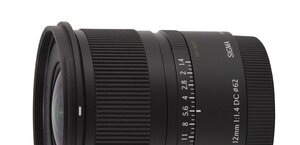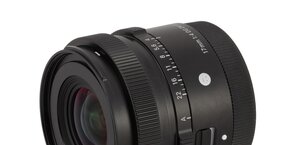Sigma A 28-45 mm f/1.8 DG DN
5. Chromatic and spherical aberration
Chromatic aberration
In a f/1.8 lens with such a focal range the correction of longitudinal chromatic aberration was certainly not an easy task. Still Sigma managed it quite well and photos, shown below, are the proof. Even at the maximum relative aperture it's difficult to notice any out-of-focus colouring and it means that the lens corrects this aberration in a proper way.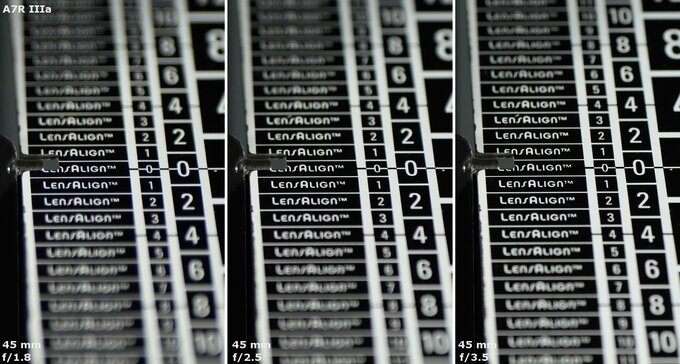 |
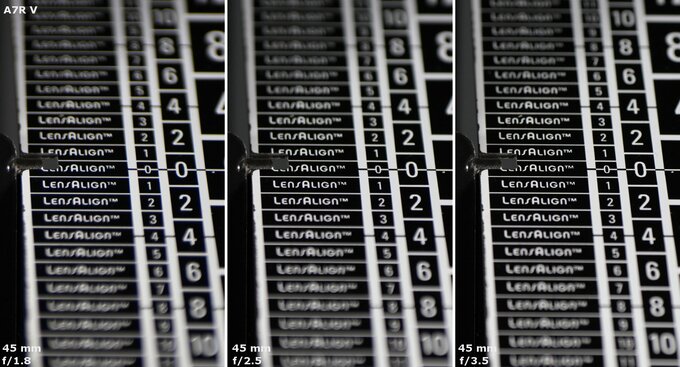 |
Please Support UsIf you enjoy our reviews and articles, and you want us to continue our work please, support our website by donating through PayPal. The funds are going to be used for paying our editorial team, renting servers, and equipping our testing studio; only that way we will be able to continue providing you interesting content for free. |
- - - - - - - - - - - - - - - - - - - - - - - - - - - - - - - - - - - - - - - - - - - - - - - -
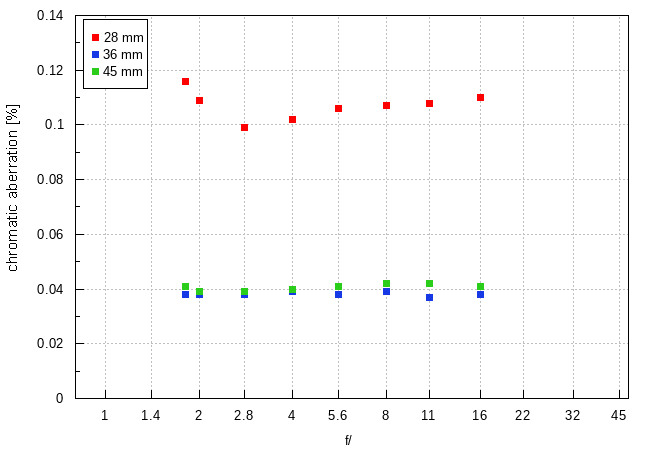
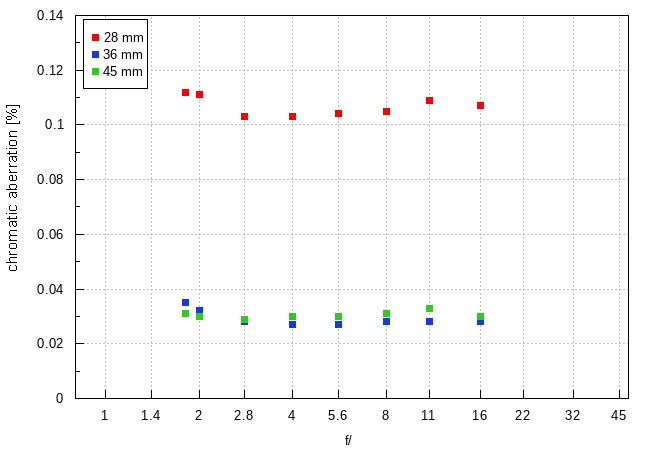
It is clear that the longer focal lengths are corrected very well. We got results ranging from 0.03 to 0.04% so on the borderline between imperceptible and low level.
A bit bigger problems can be observed at the widest angle of view. Here you deal with a quite flat run and the values hover around 0.10-0.11%, a medium level that sometimes can be spotted in real life photos. It would be difficult to call it a serious flaw but it is the first small scratch in otherwise pristine performance of the Sigma A 28-45 mm f/1.8 DG DN.
| A7R IIIa, RAW, 28 mm, f/1.8 | A7R IIIa, RAW, 36 mm, f/4.0 |
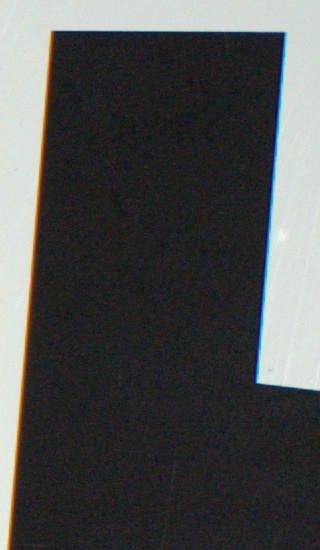
|
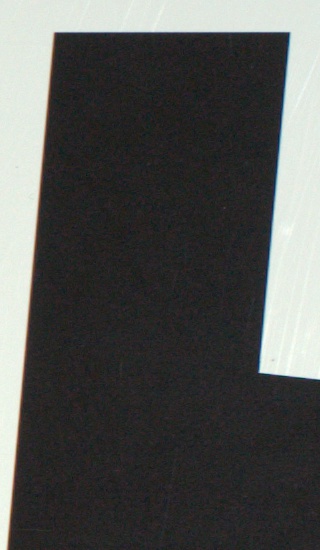
|
Spherical aberration
Even after a closer look it would be difficult to notice any focus shift effect in first photos from this chapter. Some traces of less-than-perfect correction of spherical aberration are noticeable in circles of light we got before and behind the focus. In the first case you see soft edges and in the other – a brighter rim. The effect, being not especially strong, remains visible on both ends of the focal range.The problems with spherical aberration are accented but the optics constructors cared more about nice appearance of out-of-focus areas. Lack of any focus shift and a very good quality of images by f/1.8 allow us to think that in this lens spherical aberration is properly curbed.
| A7R IIIa, 28 mm, f/1.8, before | A7R IIIa, 28 mm, f/1.8, after |
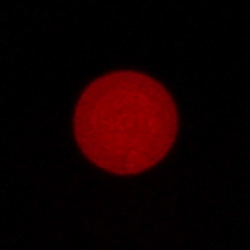
|
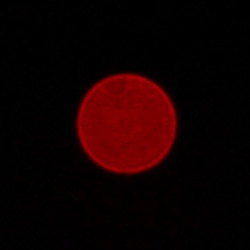
|
| A7R IIIa, 45 mm, f/1.8, before | A7R IIIa, 45 mm, f/1.8, after |
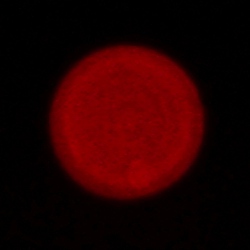
|
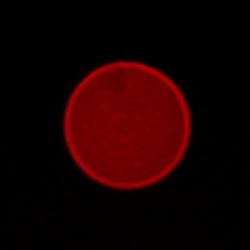
|




